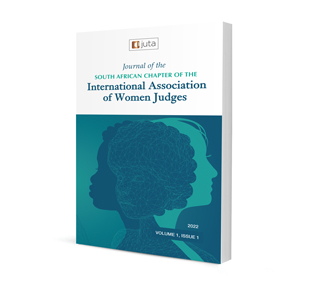The implications of Office of the Children’s Lawyer v Balev 2018 scc 16 for the interpretation of ‘habitual residence’ in the Hague Convention on the Civil Aspects of International Child Abduction (1980)

The implications of Office of the Children’s Lawyer v Balev 2018 SCC 16 for the interpretation of ‘habitual residence’ in the Hague Convention on the Civil Aspects of International Child Abduction (1980)
Author: H K Saldulker
ISSN: 2958-4973
Affiliations: BA LLB (University of Durban-Westville); Judge of Appeal, Supreme Court of Appeal.
Source: Journal of the South African Chapter of the International Association of the Women Judges, Issue 1, 2022, p. 118-127
https://doi.org/10.47348/JSAC-IAWJ/2023/a7
Abstract
The Hague Convention on the Civil Aspects of International Child Abduction (1980) is aimed at securing the prompt return of children wrongfully removed to or retained in any contracting state so that the rights of custody and access under the laws of the contracting state are effectively respected. This case note discusses the implications of Office of the Children’s Lawyer v Balev 2018 SCC 16 for the interpretation of the words ‘habitual residence’. The case adopts a hybrid approach instead of a parental intention or a child-centred approach. The hybrid approach is premised on a fact-based inquiry which takes into account the actual circumstances of the child’s life. Using this approach, a judicial officer considers all connections and circumstances, namely, the child’s links to and the circumstances in country A, the circumstances surrounding their move to country B, and the child’s circumstances and environment in country B. Other considerations such as the reasons for the child’s stay and the circumstances of the parents are also relevant. This method envisages a purposive approach into the inquiry for the prompt and expeditious return of the children.